Hold on - I've got more information about Teachers' pay
In the weekend I wrote about the offer to teachers as I understood it. I was relying on news reports and what I found on the NZEI (teacher's union) website. I spent 3 and a half hours reading the information I could find and writing my last post.
Yesterday teachers were sent information explaining the settlement offer by the NZEI and by NZ School Trustees Association. Both of these emails arrived in my inbox after 3pm, and I did not see either of them until after 7pm. Yes, I was still in my office working, as I'd attending two separate property meetings and wanted to clear my emails before I went home - which I did around 9pm.
The government's offer to teachers according to NZEI President Lynda Stuart ...
The latest offer has included an extra step on the pay scale, which lifts the maximum earnings of teachers once they reach the top of the scale - this takes 10 years.
Teachers with 10 years or more experience with a 3 year degree qualification, will indeed get an increase to their salary of just over $11,000, although they will be waiting until 2020 to get all of this. This works out to just under $150 per week. This is certainly much better than what I had worked out in the weekend and may well be enough to make some teachers vote to accept the offer.
The NZEI and teachers have said all along that it's not just about the money. There is nothing in this offer to address workload. This means that...
- Year 4 - 8 students can still expect to have class sizes of 30+ - this is the largest of all age groups in both primary and secondary education as funding ratio's for schools allow for smaller classes up to Year 3, and from Year 9. The numbers of children per teacher, and the vast array of learning needs that they bring to school, absolutely makes a difference to a teacher's workload.
- No more time to get the work done - Teachers will still only get 10 hours release time a term (compared to the 10 days that secondary teachers get). It's the workload that's turning bright young New Zealanders off teaching as a career, and driving others into new jobs or early retirement.
- long hours
- increasing numbers of students with complex needs
- frequent undervaluing of expertise and professional knowledge




Find us on Facebook
Copyright 2020 Ridgway School | Contact Us | Designed by Expert and Powered by MoST
Playground design by Mark Newdick, Photography by Andy Spain